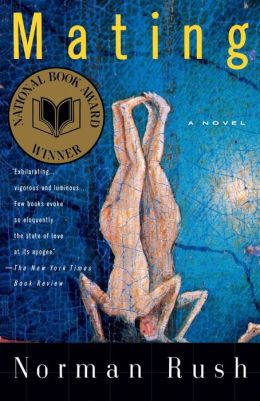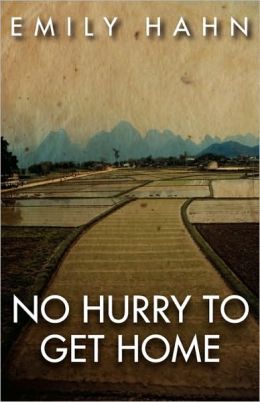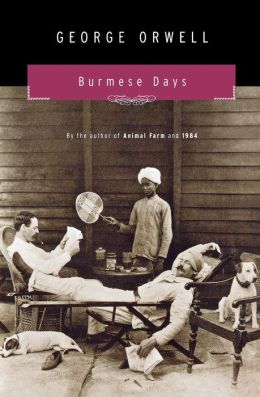Two volumes, four books, 2724 pages, hundreds of high-quality illustrations. These are the stats for The History of Cartography, an encyclopedic tome published by The University of Chicago Press between 1987 and 1998. The volumes are still available for purchase, but they are now also available for download as a series of PDFs, because, as the publisher’s site explains, much has changed since this work began:
“In 1987 the worldwide web did not exist, and since 1998 book publishing has gone through a revolution in the production and dissemination of work. Although the large format and high quality image reproduction of the printed books are still well-suited to the requirements for the publishing of maps, the online availability of material is a boon to scholars and map enthusiasts.”
Things like this rarely happen these days, as we have generally given up on trying to contain the whole world between two covers. And this is certainly for the best, since a conversation about the history of anything can only benefit from more voices than one book, or one series of books, can contain.
But what struck me most when I came upon this work, which was published between the time I was born and the time I went to middle school, is the sort of sustained attention it must have required. Although it includes the work of multiple contributors and editors, it’s hard for me to imagine the kind of commitment and hard work that brings such a project to life over the course of more than a decade.
Since offering up my New Year’s resolution to finish what I’ve started, several friends have asked me why and wondered what I really meant. Does it mean I have to finish every book I start, even if it turns out I really don’t like it? Does it mean I have to finish a faltering project, even if it seems doomed? Of course not.
What I really meant is that I’d like to move beyond the wonder of beginnings. I love beginnings. I love the excitement of brainstorming ideas and the hope and optimism that comes with getting started. But after the thrill of beginning wears off, the middle is much less glamorous. It requires simply showing up and doing the work, or “being boring,” as Austin Kleon says in Steal Like an Artist.
Endings, too, can be a challenge. Whether it’s finishing Moby Dick or sending a long-term project out into the world, endings require a sort of reckoning between what you’d hoped for and what really came to be. Sometimes things turn out better than expected, sometimes worse, but an ending is almost always different from what you imagined when you began.
As I set out to finish what I’ve started, in small and perhaps increasingly bigger ways, my intention is simply to embrace all of the middles and ends that are required, just like beginnings, to make things happen.


















